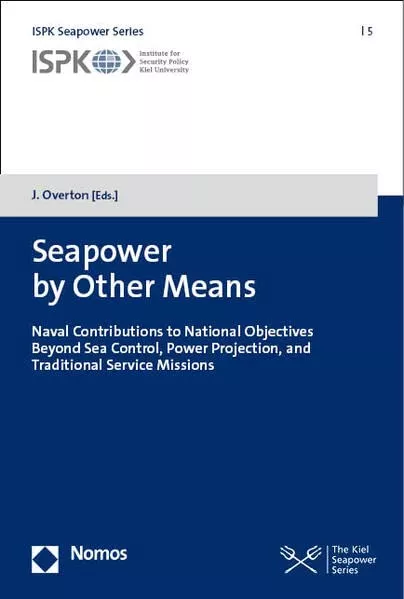
Abstract
On January 29, 1818, the USS Congress sailed into Guanabara Bay, Rio De Janeiro. Onboard was the presidentially appointed South American Commission, which consisted of three commissioners, three secretaries, and a full compliment of the United States' finest able seamen commanded by Captain Arthur Sinclair, a hero of the War of 1812.
While the Commissioners formed a key fact-finding mission for the Madison administration, the presence of the Congress and its contingent of U.S. Navy sailors acted as major tools of American public diplomacy in South America. The crew of the vessel supported the cache of the Commissioners, and illuminated to the Portuguese Emperor Joao VI, the growing maritime strength of the United States, while also influencing the revolutionary military culture of the United Provinces of the Rio de la Plata.
Using the private journals of commission secretaries Henry Marie Brackenridge and Dr. William Baldwin , as well as Captain Sinclair, this chapter will explore the establishment of American naval identity through its diplomatic experiences in South America. It will also exhibit the role of the U.S. Navy in a proto framework of the Monroe Doctrine.
Read more about the parent publication, Seapower by Other Means, here.
Ponti, Katrina . “'Our Proud Spirited Fellows' The American Navy in U.S. Public Diplomacy with South America .” Nomos Verlagsegelellschaft, 2023





